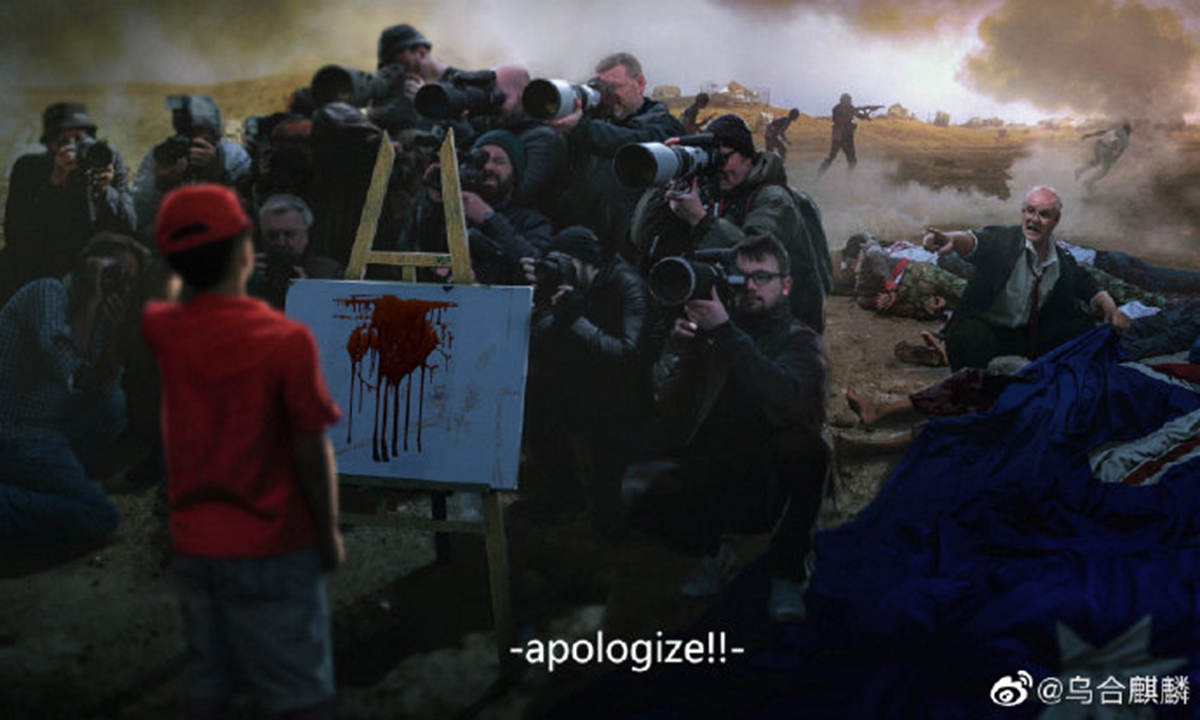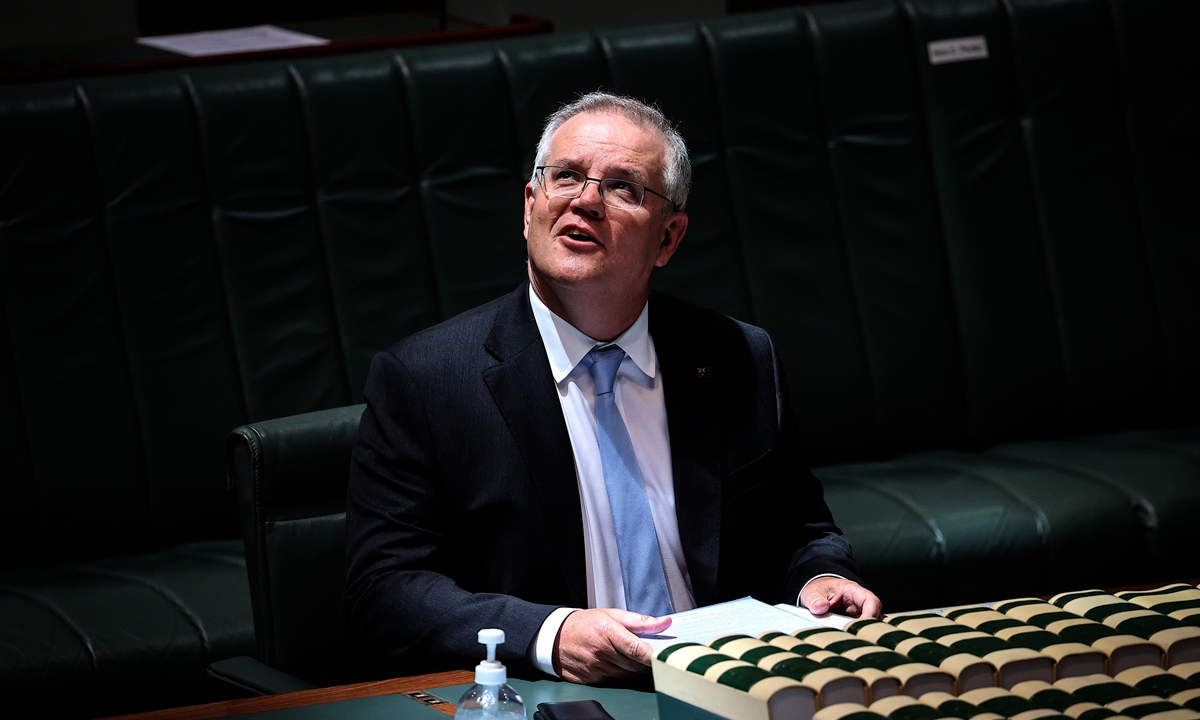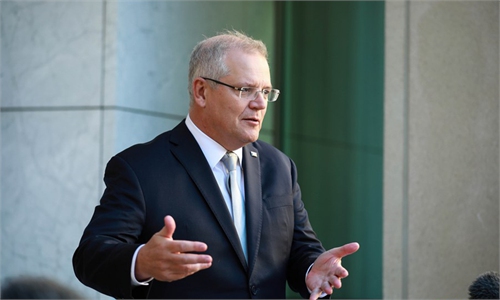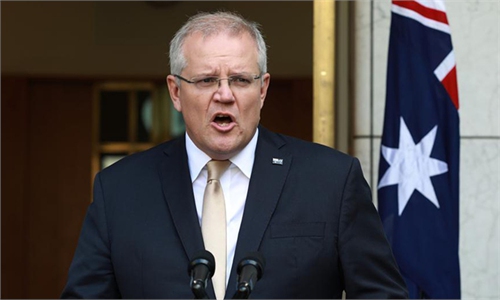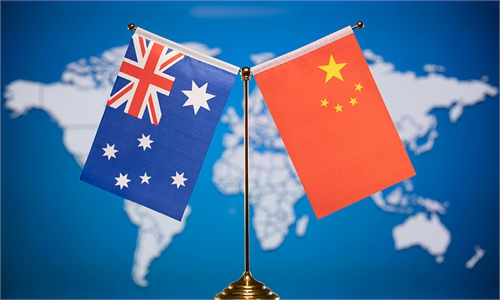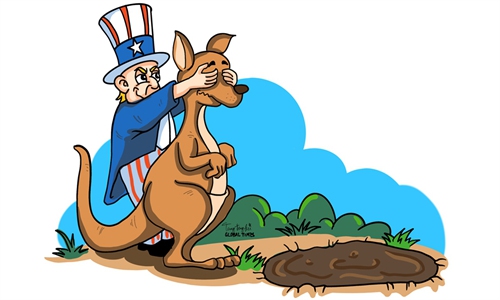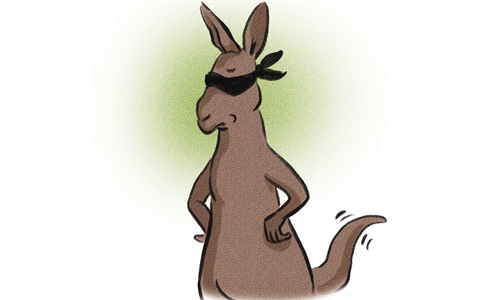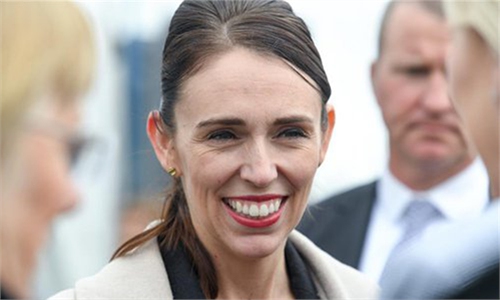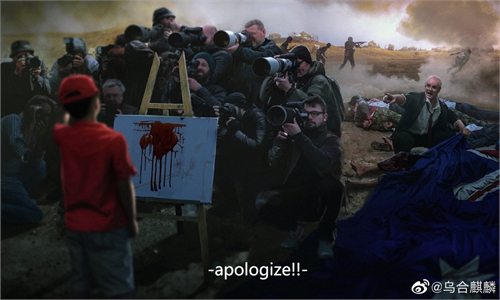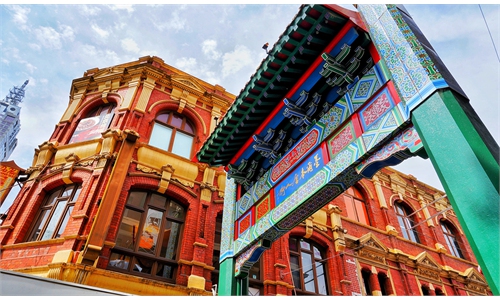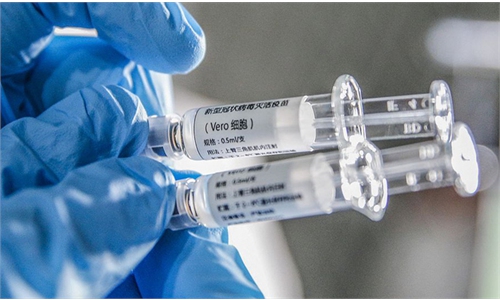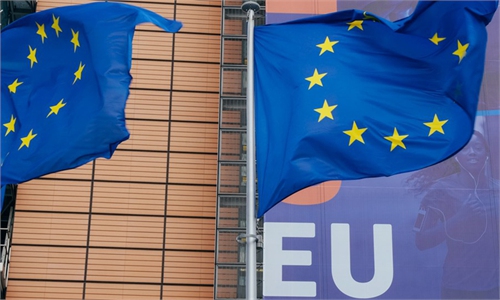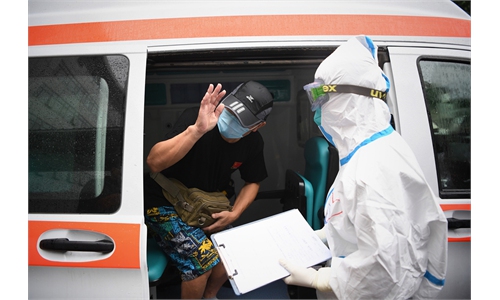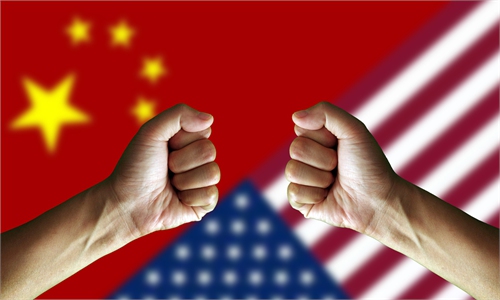.
The government has just announced in a live conference that CMCO will end in Penang as scheduled, which is 6 December 2020. This is with an exception of two Mukim, which is Mukim 12 in Barat Daya and Mukim 13 in Timur Laut. CMCO will extend in these two Mukim until 20 December 2020.
Following the reduction of COVID-19 infection cases in several states, the government today decided to end the Conditional Movement Control Order (CMCO) in most states.
Senior Minister (Security Cluster) Datuk Seri Ismail Sabri Yaakob said the move was done after considering the current and expected impact on the economic recovery if CMCO is extended.
“The country is expected to suffer a GDP loss of RM300 million a day if CMCO is continued and this will result in a decline in the labour market and household spending, investment uncertainty, permanent job loss, business closure and other effects either directly or indirectly.
"Therefore, the government needs to consider all aspects in formulating any approach to create a balance between maintaining public health and impact on the economy," he told a press conference here today.
The CMCO in the following states would be lifted as scheduled tomorrow:
Penang except for Mukim 12 (southwest), Mukim 13 (northeast), while Flat Jalan Paya Terubong, Relau and Flat Desa Bistari, Batu Uban will be placed under enhanced MCO (EMCO) from Dec 7 to 20.
Perak except for Kinta district, Mukim Teja (Kampar district) and Mukim Changkat Jong (Hilir Perak district) where the CMCO will continue starting Dec 7 until 20, while the EMCO in Zone B and Zone C of Taman Meru 2C, Ipoh, Perak will end today. Langkap Immigration Detention Depot and its quarters in Hilir Perak will be placed under EMCO from Dec 6 to 19.
Kelantan except for Kota Bharu, Machang, Tanah Merah and Pasir Mas where the CMCO will be extended from Dec 7 to 20, while Madrasah Ad-Diniah Al Falahiah, Kg Dalam Huma, Bukit Awang, Pasir Puteh will be placed under EMCO for the same period.
Putrajaya Negeri Sembilan except for Seremban and Port Dickson where the CMCO will be extended until Dec 20.
Meanwhile, the CMCO for Kuala Lumpur and Selangor will be extended until Dec 20 following the increase in COVID-19 cases, except for Sabak Bernam, Hulu Selangor and Kuala Selangor which will return to the Recovery MCO (RMCO).
At the same time, he said the CMCO in Kulim, Kedah which is supposed to end tomorrow will be extended until Dec 20 as there are 334 positive cases for its cluster.
In Johor, the CMCO in Mersing will be lifted tomorrow as scheduled, while the CMCO in Kota Tinggi will be extended until Dec 20 and three districts namely Johor Bahru, Batu Pahat and Kulai will be placed under CMCO from Dec 7 to 20. --- BERNAMA
Travel bans rescinded
Ismail Sabri: Police permission no longer needed for journeys
PETALING JAYA: The interstate and inter-district travel bans have been rescinded, regardless of whether an area is still under the conditional movement control order (MCO) or not, says Senior Minister Datuk Seri Ismail Sabri Yaakob.
He said the decision was made due to the need to balance public health and economic stability.
“Life must go on. So several restrictions have been relaxed after the National Security Council meeting where all parties, including the Health Ministry, discussed the issue.
“Among the matters agreed on is that interstate and inter-district travel across the country will now be allowed except for areas under an enhanced MCO.
“Police permission is no longer required,” he said.
He added that from tomorrow, the police would stop having roadblocks at state borders.
The focus will now be on adherence to the standard operating procedure (SOP), Ismail Sabri said.
“What’s important is that the public must follow the SOP. This is one of the ways to reduce Covid-19 infections.
“The police will be everywhere now to ensure compliance,” he said.
On tourism, Ismail Sabri said a meeting would be held with the Tourism, Arts and Culture Ministry to identify what would be permitted to open and what should remain closed.
He also noted that travel to Sabah would now be allowed for social visits.
However, all entering Sabah must undergo the RT-PCR (reverse transcription-polymerase chain reaction) or RTK Antigen (Rapid Test Kit Antigen) Covid-19 swabs three days before travelling.
“Only those without symptoms and who test negative for Covid-19 will be allowed into Sabah.
“Police permission to leave Sabah and
inter-district travel is no longer required,” he added.
Source link
Related:
Cheers all around as Penang opens its arms to visitors
Come visit us: Penang eager to see an increase in visitors to the island this coming holiday season with the interstate and inter-district travel ban being lifted.

Govt to discuss working from home, tourism on Sunday...
CMCO announced in 6 more states: Kedah, Penang, Perak, Melaka, Johor and Terengganu
Covid-19 CMCO: daycare centres SOP. One-off grant of RM5,000 for childcare centres

Registered childcare centres can stay open during the conditional movement control order (CMCO)






